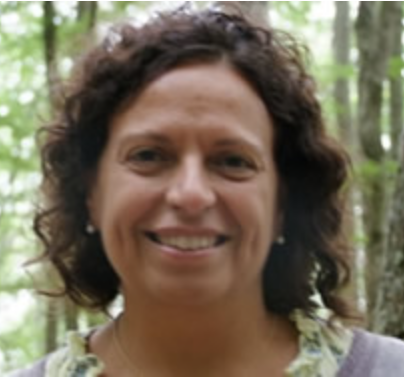Lectures
Prof. Alessandro Bismuto (University of Bonn)
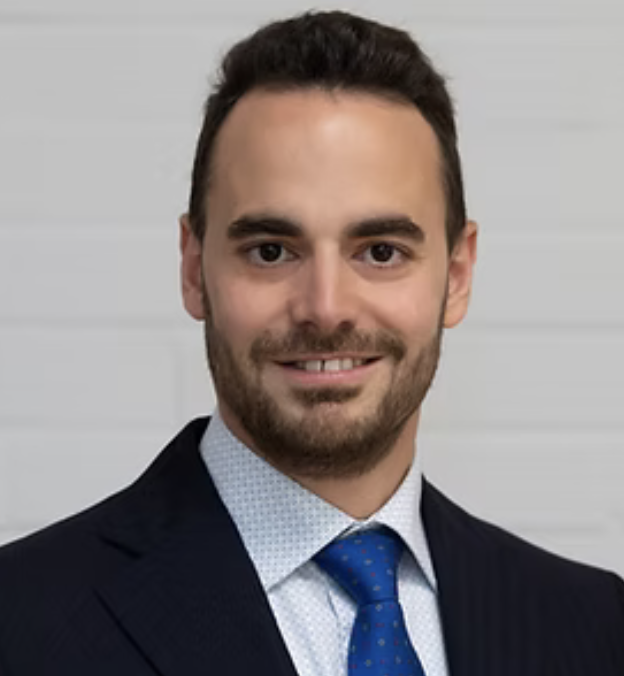
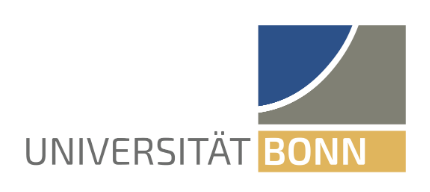
Exploring Heavy Pnictogens: From low-valent compounds to luminescence
Biography: Alessandro was born and grew up in Southern Italy (Naples). He obtained his Bachelor and Master degree at the University of Naples (Federico II) working under the Supervision of Prof. Francesco Ruffo. In 2014, he moved to Scotland (United Kingdom) where he started his doctorate studies on the CRITICAT CDT (Doctoral Training in Critical Resources) programme. During that time, he worked under the supervision of Dr Stephen Thomas and Dr Michael Cowley on main group catalysis at the direct interface between inorganic and organic chemistry. In 2017, he was awarded a Research Mobility grant from Royal Society of Chemistry to undertake a research placement at the University of California, Berkeley, with Prof. John Hartwig, to study the mechanism in Ir-catalysed borylation reactions. In 2018, he moved to Switzerland to join the group of Prof. Bill Morandi as post-doctoral researcher at ETH Zürich. During the time in Switzerland he has worked on transition-metal chemistry, developing novel catalytic cycles, and studying their mechanism. After starting an independent career at the Institute of Organic and Biomolecular Chemistry (University of Göttingen), Alessandro was appointed Junior Professor (tenure track) at the Institute of Inorganic Chemistry (University of Bonn) in May 2023.
Email: bismuto@uni-bonn.de
Website: https://www.bismutolab.com/
Prof. Didier Bourissou (University of Toulouse III)
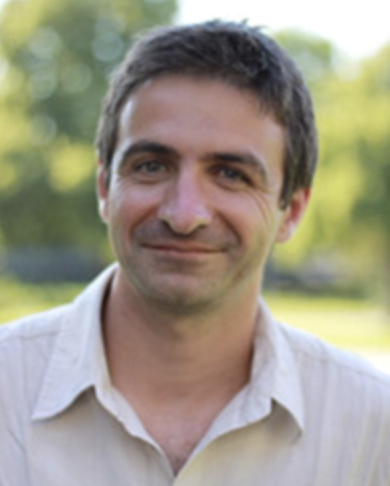
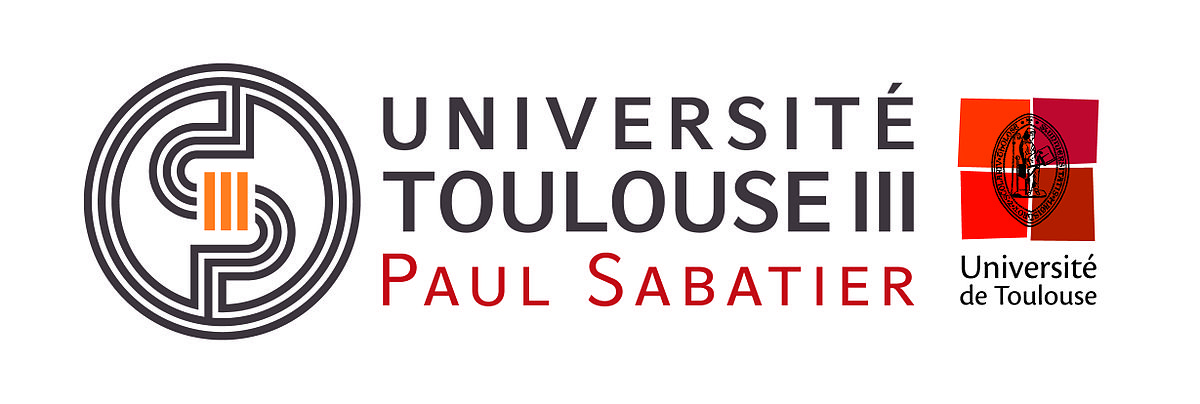
Expanding the Chemical Space of Gold thanks to Ligand Design
Biography: Didier Bourissou studied chemistry at the Ecole Normale Superieure in Paris and obtained a PhD degree from Paul Sabatier University in 1998 under the supervision of G. Bertrand. He then worked with F. Mathey and P. Le Floch at the Ecole Polytechnique in Palaiseau as a research associate. He was appointed as a CNRS junior researcher in 1998. Since 2006, he holds a senior scientist position (Directeur de Recherche) at the CNRS and from 2006 to 2018, he has been Associate Professor at the Ecole Polytechnique in Palaiseau. He is Director of the Laboratory of Fundamental and Applied Heterochemistry at the University Paul Sabatier in Toulouse since 2011. His research interests concern new bonding situations and reactivity patterns arising from the main group elements, the transition metals and their interplay. He has pioneered ambiphilic ligands in the mid 2000’s and developed the concept of acceptor ligands. Part of his research also deals with non-innocent pincer complexes and unusual behavior of the coinage metals, in particular gold. He is also interested in biodegradable polymers (ring-opening polymerization, organic and dual catalysis, drug delivery systems)
Email: didier.bourissou@univ-tlse3.fr
Website: https://lhfa.cnrs.fr/index.php/en/teams/lbpb-en
Prof. Holger Braunschweig (University of Wuerzburg)


Turning Boron Chemistry on its Head: The Unusual Reactivity of Boron in Low Oxidation States
Biography: Holger Braunschweig is head and chair of Inorganic Chemistry at the University of Würzburg, as well as managing head and founding director of our newly established research center ICB - institute of sustainable chemistry & catalysis with boron. He obtained his PhD and Habilitation with Prof. P. Paetzold (RWTH Aachen). He was post-doc with Prof. M. F. Lappert at Sussex and held a position as Reader at Imperial College, London. He carried out seminal work on metal boron complexes, boron heterocycles, and boron-boron multiple bonds. His work was published in over 720 publications, the majority of which appeared in first ranking journals. His discoveries have been highlighted in a wide range of outlets, including New Scientist, The Times of London, Science, Nature, Nature Chemistry, Chemical and Engineering News, Chemistry World, Spektrum, Chemie in unserer Zeit, and Angewandte Chemie. He was awarded the Gottfried Wilhelm Leibniz award (2009), the RSC Main Group Chemistry Award (2014), and received the Arduengo, Steinhofer, Bruker, and ScotCHEM named visiting lectureships. He is a member of the Bavarian Academy of Sciences, the German National Academy of Sciences (Leopoldina), the North Rhine-Westphalian Academy of Sciences, and the DFG advisory panel for molecular inorganic chemistry.
Email: holger.braunschweig@uni-wuerzburg.de
Website: https://www.braunschweiggroup.de/
Prof. Jeanne Crassous (CNRS-University of Rennes)
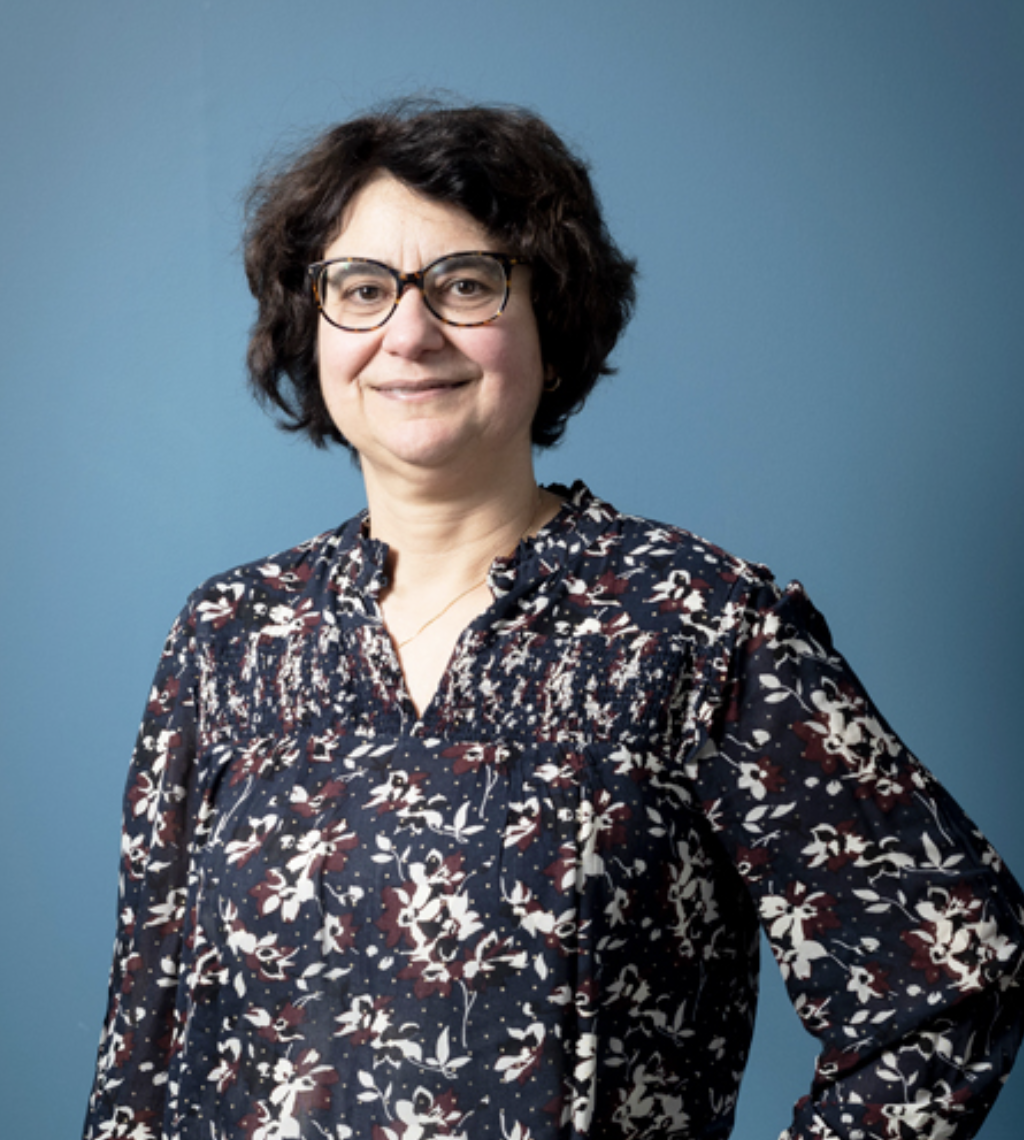

Organometallic Chemistry of Helicenes
Biography: She received her PhD in 1996 from the Ecole Normale Supérieure de Lyon (ENS Lyon) on ‘The Absolute Configuration of Bromochlorofluoromethane (CHFClBr)’ under the supervision of Prof. André Collet. After a one-year postdoctoral period studying ‘The Chirality of Fullerenes’ in Prof. François Diederich’s group (ETH Zurich, Switzerland), she received a CNRS researcher position at the ENS Lyon in 1998 and then she joined the ISCR in 2005. She is currently coordinating a French national network (GDR CHIRAFUN, Chirality and multifunctionality) and a European ITN Project (HEL4CHIROLED, Helical molecules for Chiral OLEDs). She is member of the Editorial Board of Chirality and ChemPhysChem journals (Wiley). In 2020, she received the National Prize of the Organic Chemistry Division of the French Chemical Society (DCO-SCF). In 2023, she was awarded the CNRS Silver Medal. She is also a Member of the European Academy of Science (EurASc) and a Chemistry Europe Fellow. She is dealing with many fields of chirality (heteroatomic and organometallic helicenes, chiral π-conjugated systems and assemblies, fundamental aspects of chirality). She is studying chiroptics (electronic and vibrational circular dichroism, circularly polarized luminescence) for potential applications in optoelectronics and spintronics. Jeanne Crassous is a CNRS Research Director at the ‘Institut des Sciences Chimiques de Rennes’(ISCR). She is currently active for the French Chemical Society as an elected member of the DCO-SCF executive board (2021-2024).
Email: jeanne.crassous@univ-rennes.fr
Website: jhttps://iscr.univ-rennes.fr/jeanne-crassous
Prof. Joseph Dyson (EPFL-Lausanne)
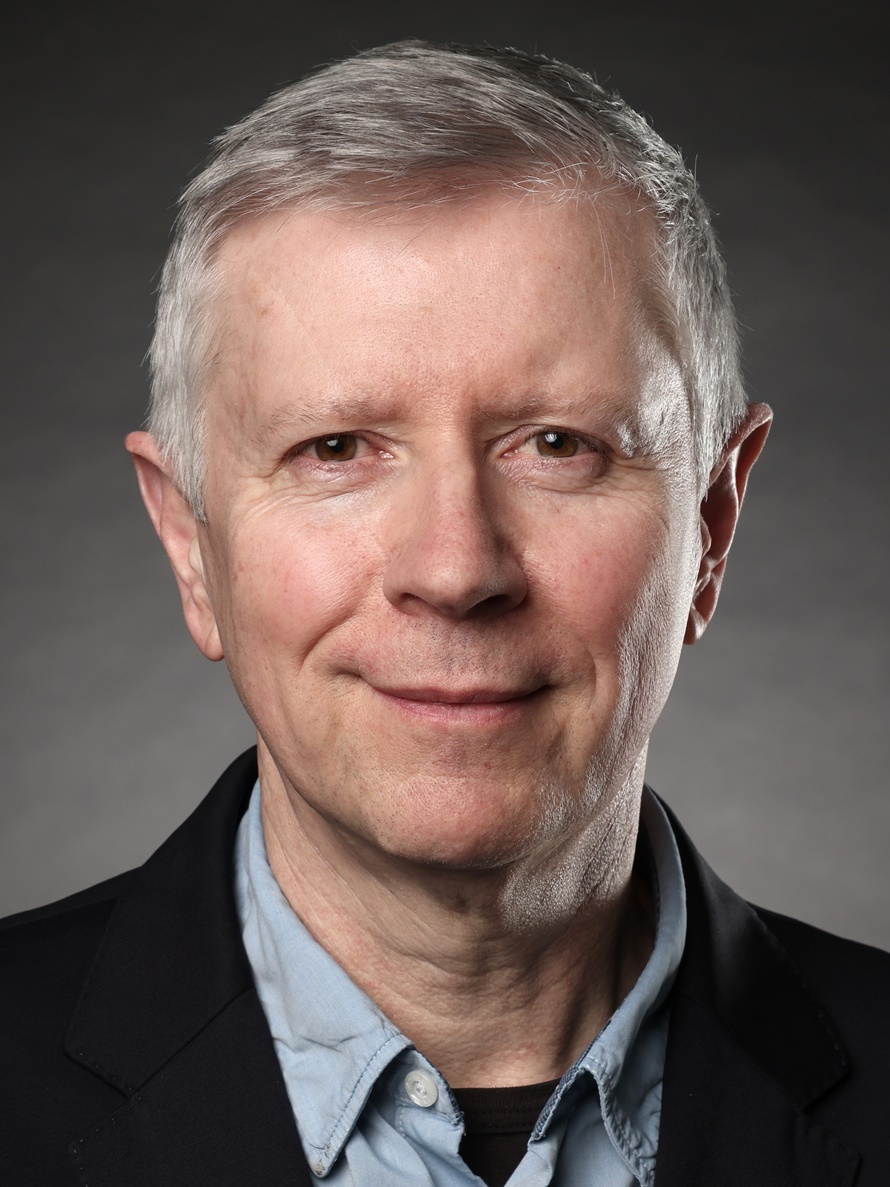
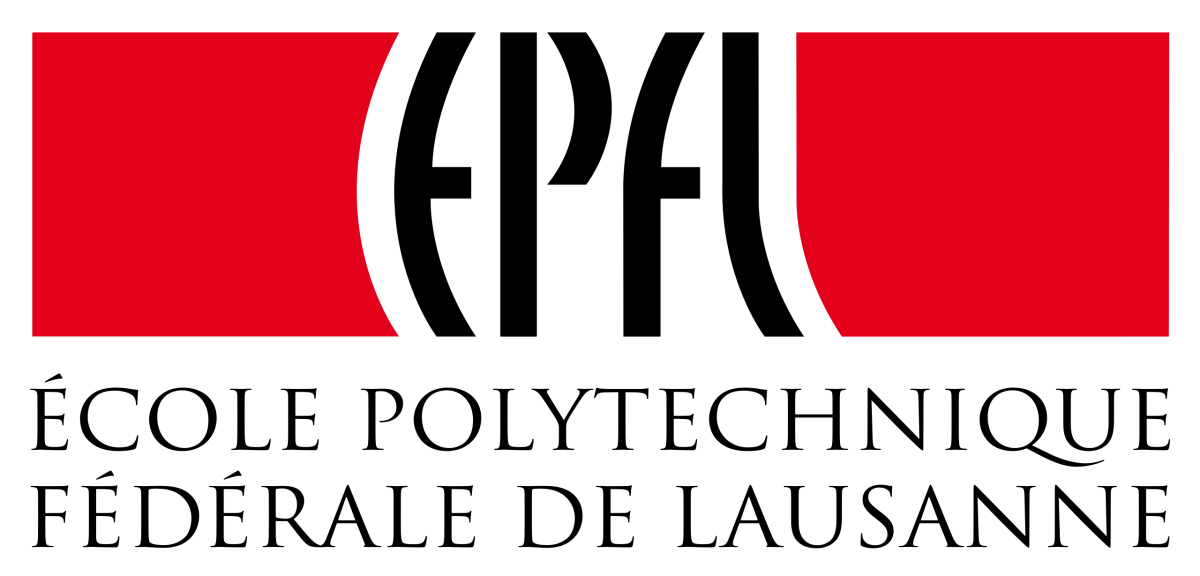
Catalytic transformation of natural and synthetic waste into value-added chemicals
Biography: Paul Dyson joined the Institute of Chemical Sciences and Engineering at the EPFL in 2002 where he heads the Laboratory of Organometallic and Medicinal Chemistry and between 2008 and 2016 chaired the Institute. He has won several prizes including the Werner Prize of the Swiss Chemical Society in 2004, the Award for Outstanding Achievements in Bioorganometallic Chemistry in 2010, the Centennial Luigi Sacconi Medal of the Italian Chemical Society in 2011, the Bioinorganic Chemistry Award of the Royal Society of Chemistry in 2015, the European Sustainable Chemistry Award of the European Chemical Society in 2018 and the Green Chemistry Award from the Royal Society of Chemistry in 2020. He is also a Clarivate Highly Cited Researcher and has an H-index >110 (web of science and google scholar). He was elected a Fellow of the Royal Society of Chemistry in 2010, a Fellow of the European Academy of Science in 2019 and a life-long fellow of the American Association for the Advancement of Science in 2020. Over the years he has held visiting professorships at the University of Bourgogne, University of Pierre et Marie Curie, University of Vienna, University of Rome Tor Vergara, Chimie Paristech and Shangai Jiao Tong University. Since 2016 he has been Member of the Council of the Division of Mathematics, Natural and Engineering Sciences at the Swiss National Science Foundation. Between 2016-2021 he has been Member of the Council of the Division of Mathematics, Natural and Engineering Sciences at the Swiss National Science Foundation. In 2021 he was appointed Dean of the Faculty of Basic Sciences.
Email: paul.dyson@epfl.ch
Website: https://people.epfl.ch/paul.dyson?lang=en
Prof. Matthias Driess (Technical University of Berlin)
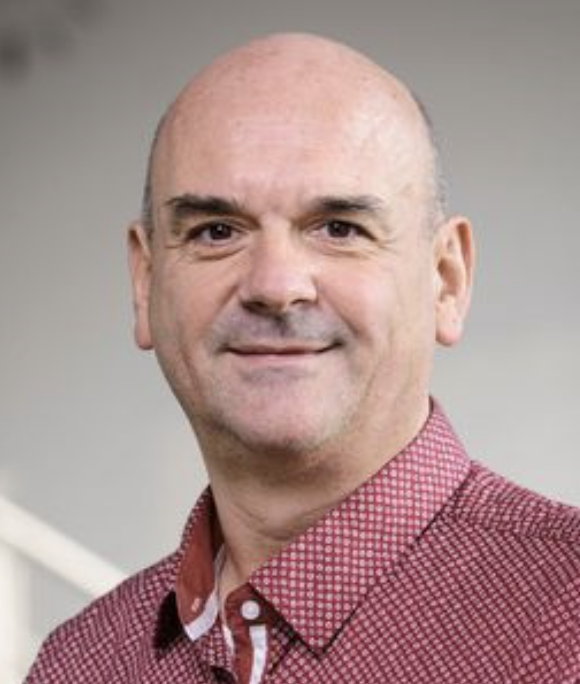
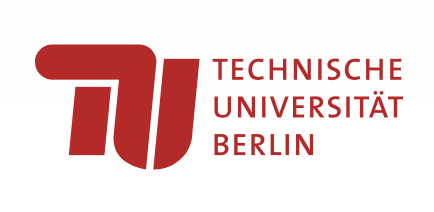
Cooperative Low-Valent Silicon Atoms in Small Molecule Activation
Biography: Matthias Driess was born in 1961 in Eisenach, Thuringia. He received his Diplom in chemistry in 1985 and completed his PhD in 1988 at Heidelberg University. While at Heidelberg, he also studied philosophy and wrote his final thesis on "Über den logischen Empirismus von Rudolf Carnap und die Einheit der Wissenschaften" (On the logical empiricism of Rudolf Carnap and the unity of the sciences). After working as a postdoctoral fellow with Professor Robert West in Madison, Wisconsin, U.S.A., for a year, he returned to Heidelberg in 1989, completing his Habilitation in inorganic chemistry there in 1993 with a thesis about silicon and phosphorus in unusual coordination. After three more intellectually stimulating years in Heidelberg, he was appointed professor for inorganic chemistry at Ruhr University Bochum in 1996. In 2004, Matthias Driess moved to Technische Universität Berlin, where he heads the Chair of Inorganic Chemistry / Metalorganic Chemistry and Inorganic Materials at the Institute of Chemistry. He was spokesperson for the UniCat Cluster of Excellence from 2007 to2018. Since 2019, he has been co-spokesperson of the successor Cluster of Excellence Unifying systems in Catalysis, UniSysCat. Professor Driess was made a member of the German National Academy of Sciences Leopoldina in 2012 and has been an Ordinary Member of the Berlin-Brandenburg Academy of Sciences and Humanities BBAW since 2014. He has been a member of the European Academy of Sciences since 2020.
Email: matthias.driess@tu-berlin.de
Website: https://www.tu.berlin/en/metallorganik/about-us/head-of-chair
Prof. Elena Fernandez-Gutierrez (University of Rovira i Virgili)
Catalytic activation of organoboron compounds for strategic and selective construction of target compounds
Biography: Elena Fernández received her degree in chemistry at the University of Barcelona in 1991. She did PhD studies in catalytic hydroformylation of sugars with Prof. S. Castillón and Prof. A. Ruiz (1991-1995) and she moved to Oxford University (UK) (1995-1997) for a postdoctoral position with Prof. John M. Brown where her studies culminated with an approach towards the first catalytic asymmetric hydroboration-amination reaction. Elena accepted in 1997 a lecturer position at the University Rovira i Virgili, becoming part of the permanent staff in 2000 and Full Professor in 2019. She received the Award on Excellence of Research in Organometallic Chemistry 2014 and the Award on Excellence of Research in Chemistry 2017, both from the Spanish Royal Society of Chemistry. She is Distinguished Professor at the URV from 2018. Her current scientific campaign is aimed to generate knowledge and awareness about activation modes of borane reagents to be used in selective organic synthesis of multifunctional compounds. She has contributed to several seminal articles, reviews and book's chapters, highlighting the edition of two books on Synthesis and Applications of Organoboron Compounds for Springer (2015) and Advances in Organoboron Chemistry toward Organic Synthesis for Science of Synthesis-Thieme (2019).
Email: mariaelena.fernandez@urv.cat
Website: https://www.catborchem.recerca.urv.cat/en/
Prof. Christian Hartinger (University of Auckland)


Bioorganometallic Chemistry: Organometallic Drugs and Drug Candidates
Biography: I received my PhD in Chemistry in 2001 under the supervision of Bernhard Keppler at the University of Vienna. After a period at the University of Vienna, I joined Paul Dyson's group at the EPFL in Switzerland in 2006 as a Schrödinger Fellow. I returned to Vienna in 2009 to finish my habilitation. In 2011, I accepted a position as Associate Professor at the University of Auckland and was promoted to Professor in 2016.
I have received national and international recognition with the Society of Biological Inorganic Chemistry Early Career Award 2016, the NZ Institute of Chemistry’s premier award, the Maurice Wilkins Centre Prize for Chemical Science, in 2016, the NZAS Hill Tinsley Medal in 2017, the Morrison Medal of the Australian and New Zealand Society for Mass Spectrometry in 2019, and I was elected a Fellow of the Royal Society of New Zealand in 2021, among others.
Email: c.hartinger@auckland.ac.nz
Website: https://hartinger.wordpress.fos.auckland.ac.nz/
Prof. Sonja Herres-Pawlis (University of Aachen)
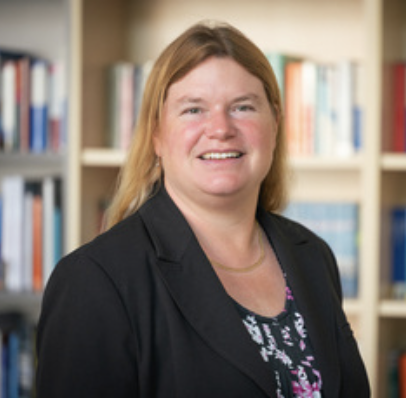

Tailored catalyst design for the synthesis and the recycling of bioplastics
Biography:
Sonja Herres-Pawlis received her Doctor degree (2005) from the University of Paderborn under the supervision of Professor G. Henkel. The thesis topic was bioinorganic copper-dioxygen chemistry. She moved as Postdoc fellow to Stanford University, working with Prof. T.D.P. Stack. After moving back to Paderborn, dr. Herres-Pawlis started her independent work. In 2009 she moved to the Technical University of Dortmund to work at her habilitation on sustainable polymerization catalysts together with Prof. K. Jurkschat. In 2011, dr. Herres-Pawlis moved to an associate professor position for coordination chemistry at LMU Munich. In 2012 she finished the Habilitation theses at TU Dortmund. At LMU Munich, Sonja worked in bioinorganic chemistry and sustainable polymerization catalysis. In 2014, she received two calls for chairs of bioinorganic chemistry at TU Dortmund and RWTH Aachen. Since January 2015, Sonja Herres-Pawlis works in Aachen. She received several fellowships (for PhD period and Postdoc period) and several awards, the most important in 2011, when Sonja Herres-Pawlis won the Innovation Prize of the state of Northrhine-Westphalia. In 2014, the Arnold-Sommerfeld Prize of the Bavarian Academy of Arts and Sciences and in 2022, dr. Herres-Pawlis was elected as Chemistry Europe Fellow. Sonja Herres-Pawlis current research interests lie in the area of bioinorganic and coordination chemistry, with strong emphasis on copper chemistry for oxygen and electron transfer, C-C coupling reactions but also atom transfer radical polymerization and lactide polymerization with zinc complexes. She has published over 200 original papers and 4 patents.
Email: sek.bioac@ac.rwth-aachen.de
Website: https://www.bioac.ac.rwth-aachen.de/go/id/ictk/?lidx=1
Prof. Cristina Nevado (University of Zurich)
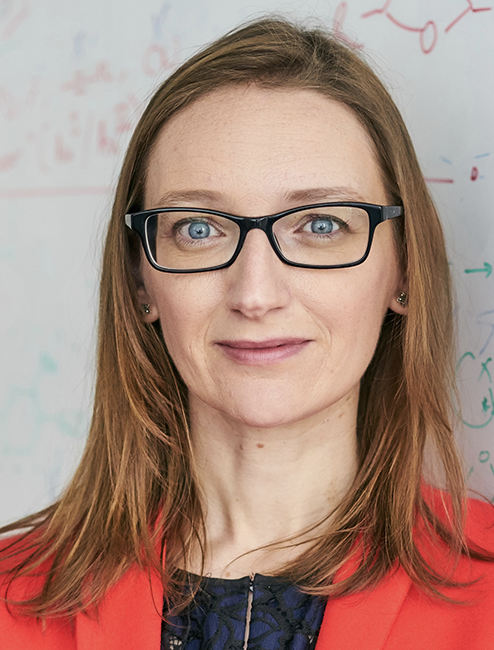

A journey towards mechanistic understanding in organometallic chemistry
Biography: Cristina Nevado was born in Madrid, where she graduated in chemistry at the Autónoma University in 2000. In October 2004 she received her PhD from the same university working with Prof. Antonio M. Echavarren thereafter joining the group of Prof. Alois Fürstner at the Max-Planck-Institut für Kohlenforschung (Germany) as a post doctoral associate. In May 2007 she started her independent career as an Assistant Professor of Organic Chemistry at the University of Zürich. In 2011, Cristina was awarded the Chemical Society Reviews Emerging Investigator Award and the Thieme Chemistry Journal Award in recognition of her contributions in the field of synthetic organic chemistry. In 2012 she received an ERC Junior Investigator grant and in 2013 was awarded the Werner Prize of the Swiss Chemical Society and was directly promoted to Full Professor. In 2019, she received the Royal Society of Chemistry Award in Organometallic Chemistry and in 2020 the Excellence Research Trajectory Award of the Royal Spanish Chemical Society (RSEQ) as well as the Margaret Faul Women in Chemistry Award. Among her many contributing roles to the community, Cristina is currently Senior Associate Editor for ACS Central Science, Organic Syntheses and Science of Synthesis. Rooted in the wide area of organic chemistry, her research program is focused on complex chemical synthesis and new organometallic reactions.
Email: cristina.nevado@chem.uzh.ch
Website: https://www.nevadogroup.com/
Prof. Luca Pignataro (University of Milano)
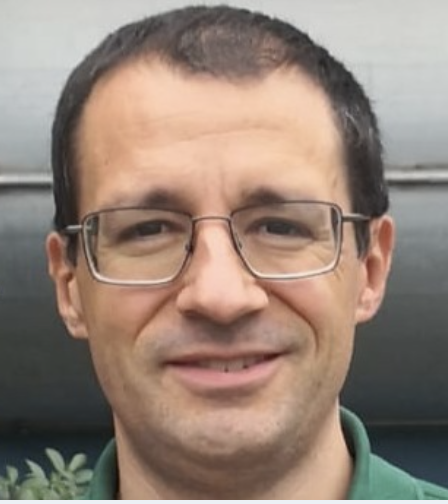

Two strategies for exploiting base metals in homogeneous catalysis
Biography: Luca Pignataro completed his PhD at the University of Milan with Prof. Franco Cozzi in 2006. After postdoc periods in the group of Prof. David Leigh (University of Edinburgh) and Prof. Cesare Gennari (University of Milan), he became Researcher (2012) and then Associate Professor (2019) at the University of Milan. His current research interests are in the fields of homogeneous catalysis (base metal catalysis, supramolecular catalysis, enantioselective catalysis, light-driven reactions), and targeted delivery of drugs (small molecule-drug conjugates for anti-tumor therapy).
Email: luca.pignataro@unimi.it
Website: https://sites.unimi.it/apos.lab/luca-pignataro/
Prof. Christopher Teskey (Technical University of Braunschweig)
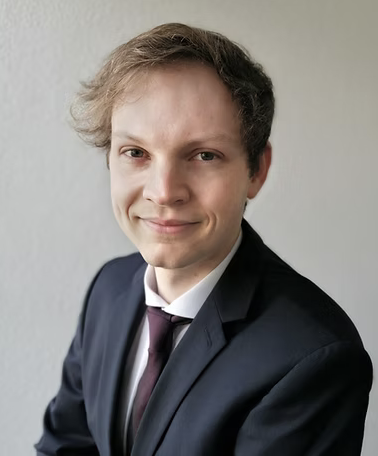
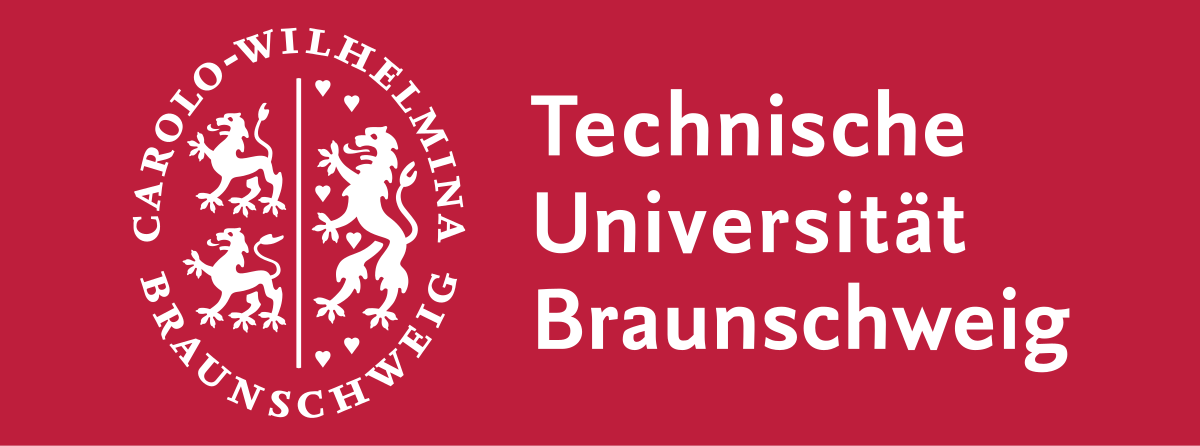
Cobalt hydride catalysis under the spotlight
Biography: Christopher J. Teskey carried out his undergraduate studies in Natural Sciences at the University of Cambridge and then, in 2012, began his PhD with Prof. Michael F. Greaney at the University of Manchester. After graduating in 2016, he was awarded an EPSRC Doctoral Prize Fellowship to stay at the University of Manchester for a further year. Following this, in 2017 he moved to the University of Vienna, Austria to take up a postdoctoral researcher position in the group of Prof. Nuno Maulide as a Lise Meitner Research Fellow of the FWF (Austrian Science Fund). From March 2019 to October 2023, he led a Junior Research Group at the Institute of Organic Chemistry at RWTH Aachen, Germany funded by a Liebig Fellowship from the Fonds der Chemischen Industrie. From November 2023, he has been a Professor of Organic Chemistry at the TU Braunschweig where he holds a Niedersachsen-Impuls-Professorship.
Email: christopher.teskey@tu-braunschweig.de
Website: https://www.teskeygroup.com/christopher-teskey
Prof. Antonio Zanotti -Gerosa (Johnson-Matthey)
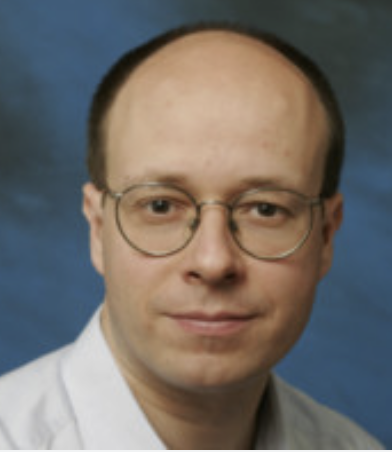

Homogeneous hydrogenation catalysis in the fine chemicals industry: how to develop industrially viable and sustainable processes?
Biography: Antonio Zanotti-Gerosa studied in Milano, Italy, completing his PhD in organometallic chemistry in 1994 (Prof. S. Maiorana). His academic experience includes secondments to Imperial College (Professor S.V.Ley), University of Bonn (Prof K.H. Doetz) and Nagoya University (Professor R. Noyori) and post-doctoral research at the University of Lausanne (Professor C. Floriani). Since 1997 he has been working on industrial applications of homogeneous catalysis. In 2003 he joined Johnson Matthey and, as R&D Director, he is now leading the JM chemocatalysis group in the Cambridge laboratories.

